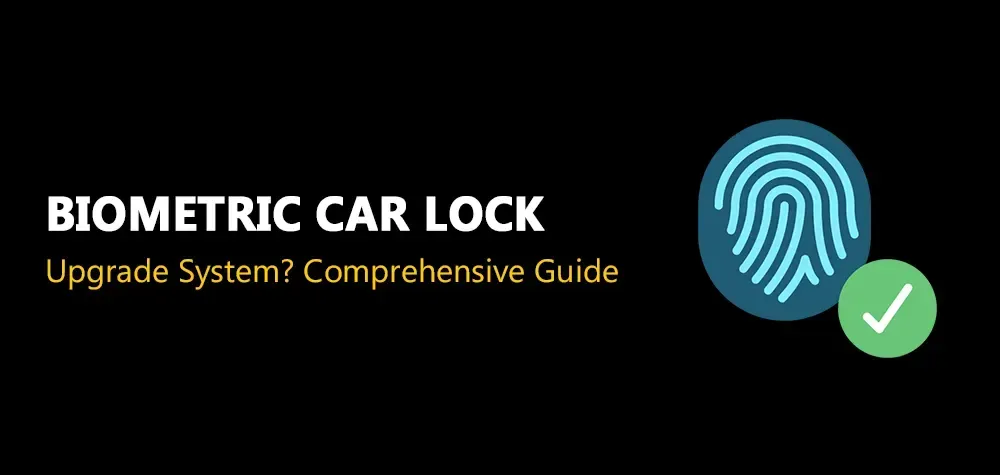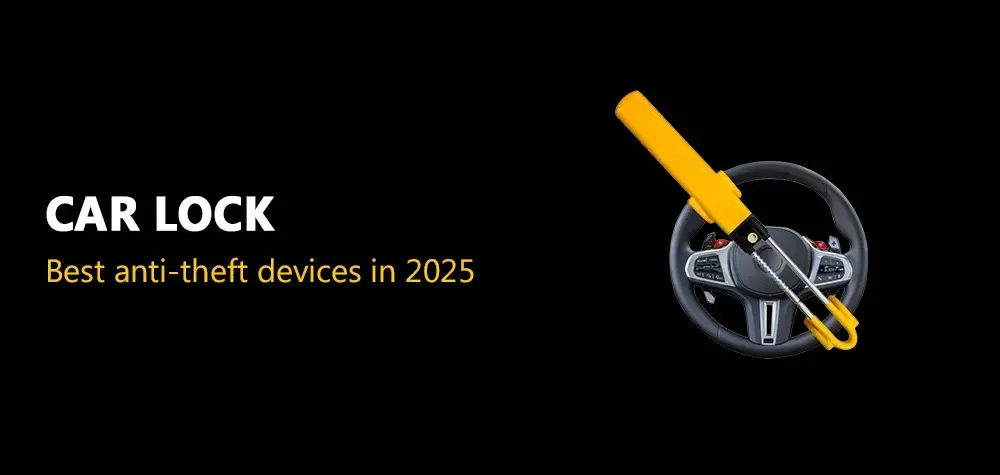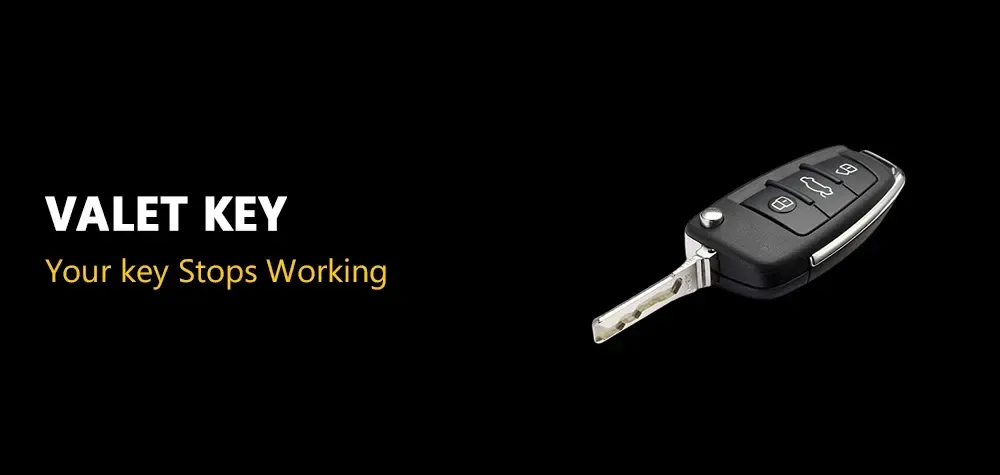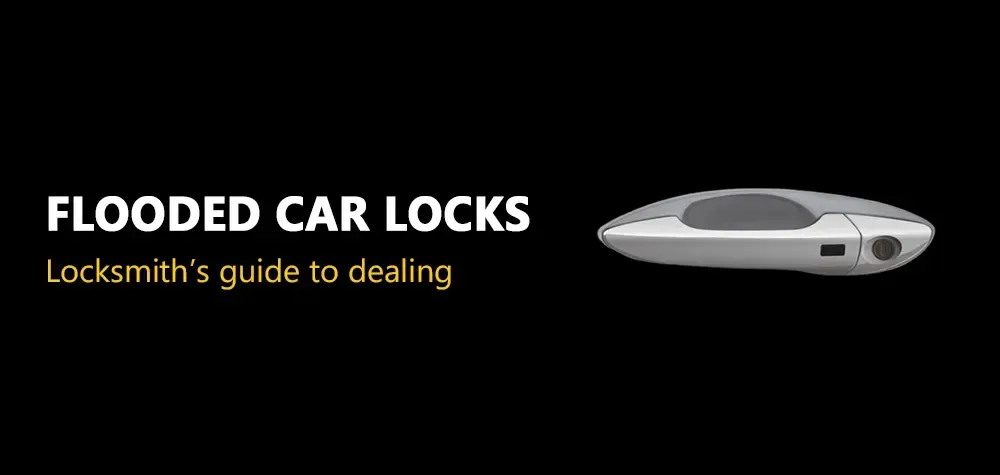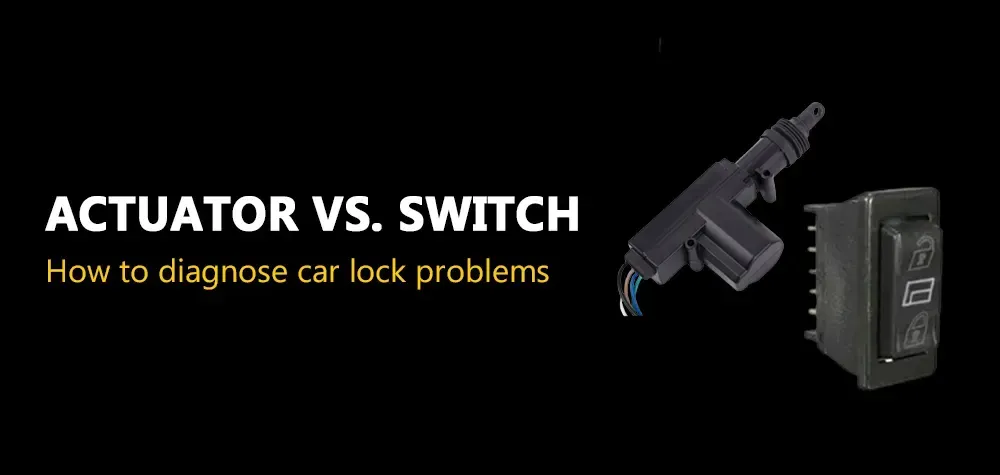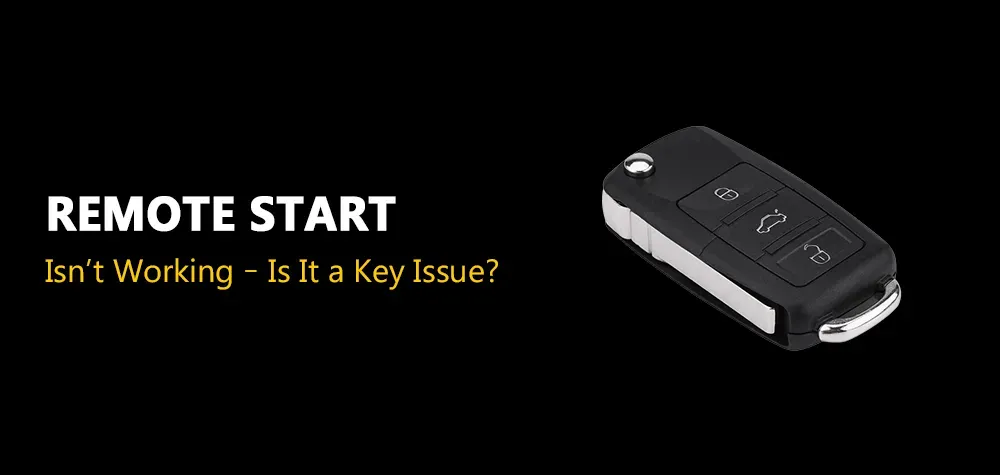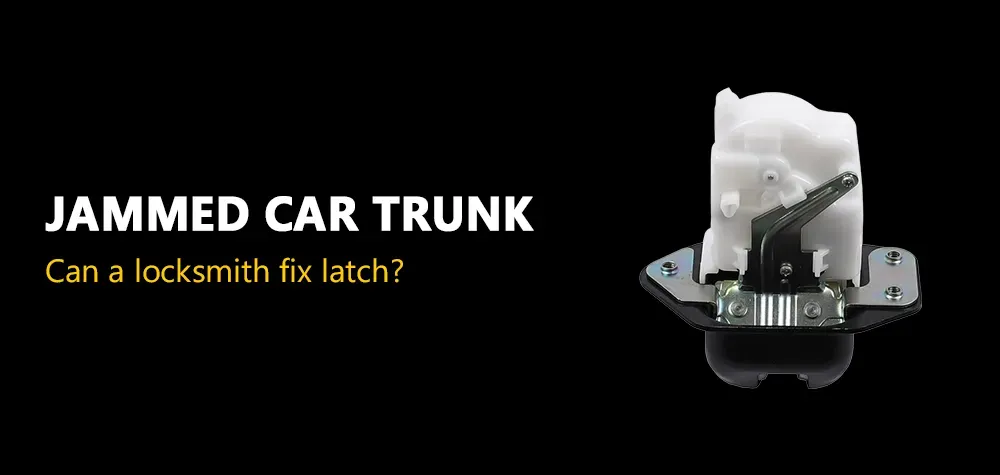Smart vs. Secure Locks: Are Smart Locks the Right Choice
In recent years, the security industry has seen a significant shift toward digital solutions, with smart locks being one of the most talked-about innovations. These high-tech devices offer convenience, remote access, and enhanced control over your home's entry points. However, when it comes to security, the question arises: Are smart locks really as secure as traditional, mechanical locks? In this article, we will explore the advantages and disadvantages of smart locks, the features to look for, and whether they are the right choice for your home. For professional help, please reach out to us!
How to Secure Your Home While on Vacation
1. Understanding Smart Locks: What Are They?
Smart locks are electronic devices designed to secure doors and other entry points to your home. Unlike traditional locks, which require physical keys, smart locks offer keyless entry, typically using technologies such as Bluetooth, Wi-Fi, or keypads. These locks can be controlled remotely through a smartphone app, voice commands, or even biometric recognition.
Some common features of smart locks include:
- Remote access: Lock or unlock your door from anywhere with your smartphone.
- Temporary access codes: Grant access to visitors, contractors, or family members without sharing physical keys.
- Integration with smart home systems: Works seamlessly with other smart devices like security cameras, alarms, and thermostats.
- Activity tracking: Receive notifications whenever someone enters or exits the house.
How Often Should You Replace Your Home Locks?
2. The Benefits of Smart Locks
A. Convenience and Ease of Use
- Keyless entry: Forget about fumbling for keys. With a smart lock, you can open your door using your smartphone, a key fob, or even your voice.
- Remote control: If you're out of town, you can still lock or unlock your door, granting access to a trusted neighbor or service provider.
- Multiple access options: Smart locks often come with a variety of options, including PIN codes, fingerprint recognition, or Bluetooth pairing, offering flexibility based on your preference.
B. Enhanced Control and Monitoring
- Real-time alerts: Smart locks can send instant notifications to your phone when the door is locked or unlocked, so you always know who’s coming and going.
- Time-based access: Grant temporary access to a guest or service provider for a specified time frame and revoke it once it’s no longer needed.
- Integration with home security systems: Many smart locks can work alongside your existing home security systems, such as cameras or alarms, allowing for seamless operation and better monitoring.
C. Modern Features
- Integration with voice assistants: Some smart locks are compatible with virtual assistants like Alexa, Google Assistant, or Siri, allowing you to lock or unlock your door with a simple voice command.
- Auto-locking: Many smart locks can be set to automatically lock after a specified time or when you leave the vicinity of the door, adding another layer of convenience.
3. The Drawbacks of Smart Locks
A. Security Vulnerabilities
While smart locks offer a number of advanced features, they are also susceptible to certain types of attacks. Some of the security concerns include:
- Hacking: Since smart locks rely on Wi-Fi, Bluetooth, or other wireless signals, they could be vulnerable to hacking. If an attacker gains access to your Wi-Fi network or Bluetooth connection, they may be able to unlock your door.
- Battery life: Many smart locks rely on batteries to function, which can eventually run out. If you fail to replace the battery on time, the lock may fail to function, leaving your door unsecured.
- Software vulnerabilities: Just like any other software-based device, smart locks may contain bugs or vulnerabilities that could be exploited by cybercriminals.
B. Dependence on Technology
Smart locks are heavily reliant on technology, which can be both a benefit and a drawback. Potential issues include:
- Power outages: In the event of a power failure, many smart locks will no longer work unless they have a backup power source or a mechanical key option.
- Connectivity issues: If the Wi-Fi or Bluetooth signal is weak, you might face difficulty remotely controlling your smart lock. This can be frustrating if you're trying to unlock the door for someone from a distance.
C. Price and Installation
- Higher upfront cost: Smart locks generally cost more than traditional locks. You’ll also need to consider the cost of any additional accessories or integration with other smart devices in your home.
- Installation challenges: While some smart locks are designed for easy DIY installation, others may require professional installation, which can add to the overall cost.
4. Comparing Smart Locks to Traditional Locks: Which is More Secure?
A. Traditional Locks: Time-Tested Security
Traditional locks, such as deadbolts and padlocks, have been used for centuries, offering reliable, straightforward security. They don’t rely on batteries or Wi-Fi, making them immune to hacking and cyber threats. While they may not have the bells and whistles of a smart lock, traditional locks are sturdy, dependable, and simple to use.
Advantages of Traditional Locks:
- Physical security: Harder to tamper with compared to digital systems.
- No reliance on power or connectivity: Not affected by power outages or weak Wi-Fi signals.
- Lower cost: Generally more affordable than smart locks.
Disadvantages of Traditional Locks:
- Limited functionality: Cannot offer remote control, access tracking, or time-based access.
- Keys can be lost or copied: If someone gains access to your keys, they can easily unlock your door, unless you change the lock.
B. Smart Locks: Advanced Technology with Risks
Smart locks provide a higher level of convenience and control but come with the trade-off of potential security risks. They offer features that traditional locks cannot, such as remote access, integration with smart home devices, and activity tracking. However, the reliance on wireless communication and digital software introduces vulnerabilities, especially in the hands of cybercriminals.
Advantages of Smart Locks:
- Keyless convenience: No need to carry around physical keys.
- Remote access: Control and monitor your door from anywhere.
- Smart home integration: Sync with other smart devices to create a seamless security system.
Disadvantages of Smart Locks:
- Vulnerabilities to hacking: Potential for cyberattacks if not properly secured.
- Dependency on technology: Power failures or connectivity issues can affect functionality.
- Higher cost: Smart locks are often more expensive than traditional locks.
5. Tips for Enhancing the Security of Your Smart Lock
If you decide that a smart lock is the right choice for your home, there are several steps you can take to enhance its security:
- Use strong passwords: Ensure that the password or PIN for your smart lock is complex and unique.
- Enable two-factor authentication (2FA): If your smart lock offers 2FA, use it to add an extra layer of security to your account.
- Secure your Wi-Fi network: Make sure your home Wi-Fi network is encrypted with a strong password to prevent unauthorized access to your smart lock.
- Regular software updates: Keep the software for your smart lock up to date to protect against potential vulnerabilities.
- Have a backup plan: Keep a physical key as a backup in case your smart lock malfunctions or its battery runs out.
6. Conclusion: Are Smart Locks Right for You?
The decision between smart locks and traditional locks ultimately depends on your priorities. If convenience, remote access, and integration with other smart devices are important to you, then smart locks can be an excellent choice. However, if you prioritize reliability, dependability, and resistance to hacking, traditional locks may still be the more secure option.
No matter which type of lock you choose, the key to home security is using a multi-layered approach that includes strong locks, a robust home security system, and best practices for safeguarding your property. Consider your needs, budget, and willingness to adapt to new technology before making the switch to smart locks.
Call Us Any Time!
